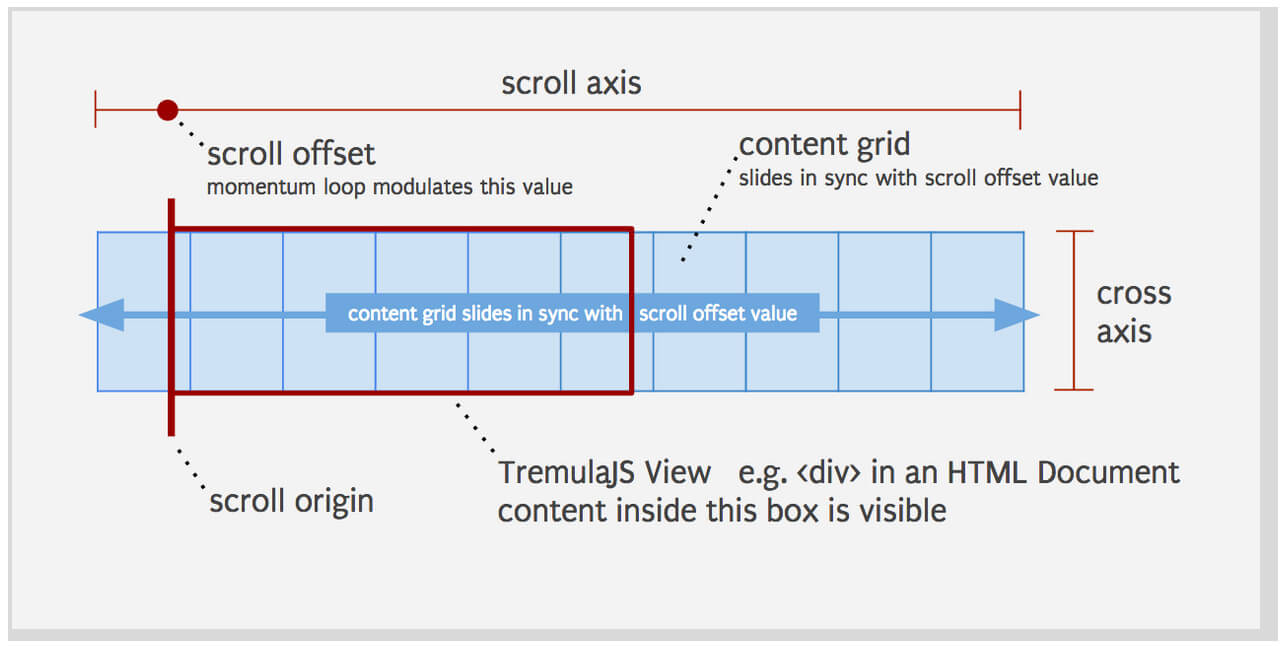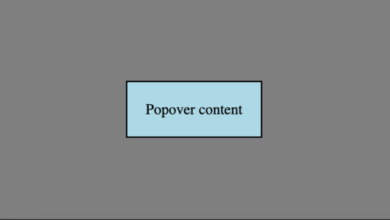
How to Inject a Global with Web Extensions in Manifest V3
For those of you not familiar with the world of web extension development, a storm is brewing with Chrome. Google will stop support for manifest version 2, which is what the vast majority of web extensions use. Manifest version 3 sees many changes but the largest change is moving from persistent background scripts to service workers. This…is…a…massive…change.
Changes from manifest version 2 to version 3 include:
- Going from persistent background script to a service worker that can die after 5 minutes
- No use of
<iframe>elements or other DOM APIs from the service worker - All APIs have become Promise-based
- Restrictions on content from a CSP perspective
One function that web extensions often employ is executing scripts upon each new page load. For a web extension like MetaMask, we need to provide a global window.ethereum for dApps to use. So how do we do that with manifest version 3?
As of Chrome v102, developers can define a world property with a value of isolated or main (in the page) for content scripts. While developers should define content_scripts in the extension’s manifest.json file, the main value really only works (due to a Chrome bug) when you programmatically define it from the service worker:
await chrome.scripting.registerContentScripts([
{
id: 'inpage',
matches: ['http://*/*', 'https://*/*'],
js: ['in-page.js'],
runAt: 'document_start',
world: 'MAIN',
},
]);
In the example above, in-page.js is injected and executed within the main content tab every time a new page is loaded. This in-page.js file sets window.ethereum for all dApps to use. If the world is undefined or isolated, the script would still execute but would do so in an isolated environment.
Manifest version 3 work is quite the slog so please hug your closest extension developer. There are many huge structural changes and navigating those changes is a brutal push!

Responsive and Infinitely Scalable JS Animations
Back in late 2012 it was not easy to find open source projects using
requestAnimationFrame()– this is the hook that allows Javascript code to synchronize with a web browser’s native paint loop. Animations using this method can run at 60 fps and deliver fantastic…
7 Essential JavaScript Functions
I remember the early days of JavaScript where you needed a simple function for just about everything because the browser vendors implemented features differently, and not just edge features, basic features, like
addEventListenerandattachEvent. Times have changed but there are still a few functions each developer should…

background-size Matters
It’s something that makes all men live in fear, and are often uncertain of. It’s never spoken, but the curiosity is always there. Nine out of ten women agree in the affirmative. Advertisers do their best to make us feel inadequate but…

CSS Sprites
The idea of CSS sprites is pretty genius. For those of you who don’t know the idea of a sprite, a sprite is basically multiple graphics compiled into one image. The advantages of using sprites are: Fewer images for the browser to download, which means…
[ad_2]
Source link



